‘Watchmen’ And ‘The Saga Of The Swamp Thing’ Scribe Alan Moore Says He “Asked For DC Comics To Send All Of The Money From Any Future TV Series Or Films To Black Lives Matter”

A notorious detractor of any alternative or ‘expansive’ takes on his numerous comic book stories, Watchmen author Alan Moore has revealed that he holds such disdain for the entertainment industry’s various adaptations of his works that he has outright “asked for DC Comics to send all of the money from any future TV series or films to Black Lives Matter.”
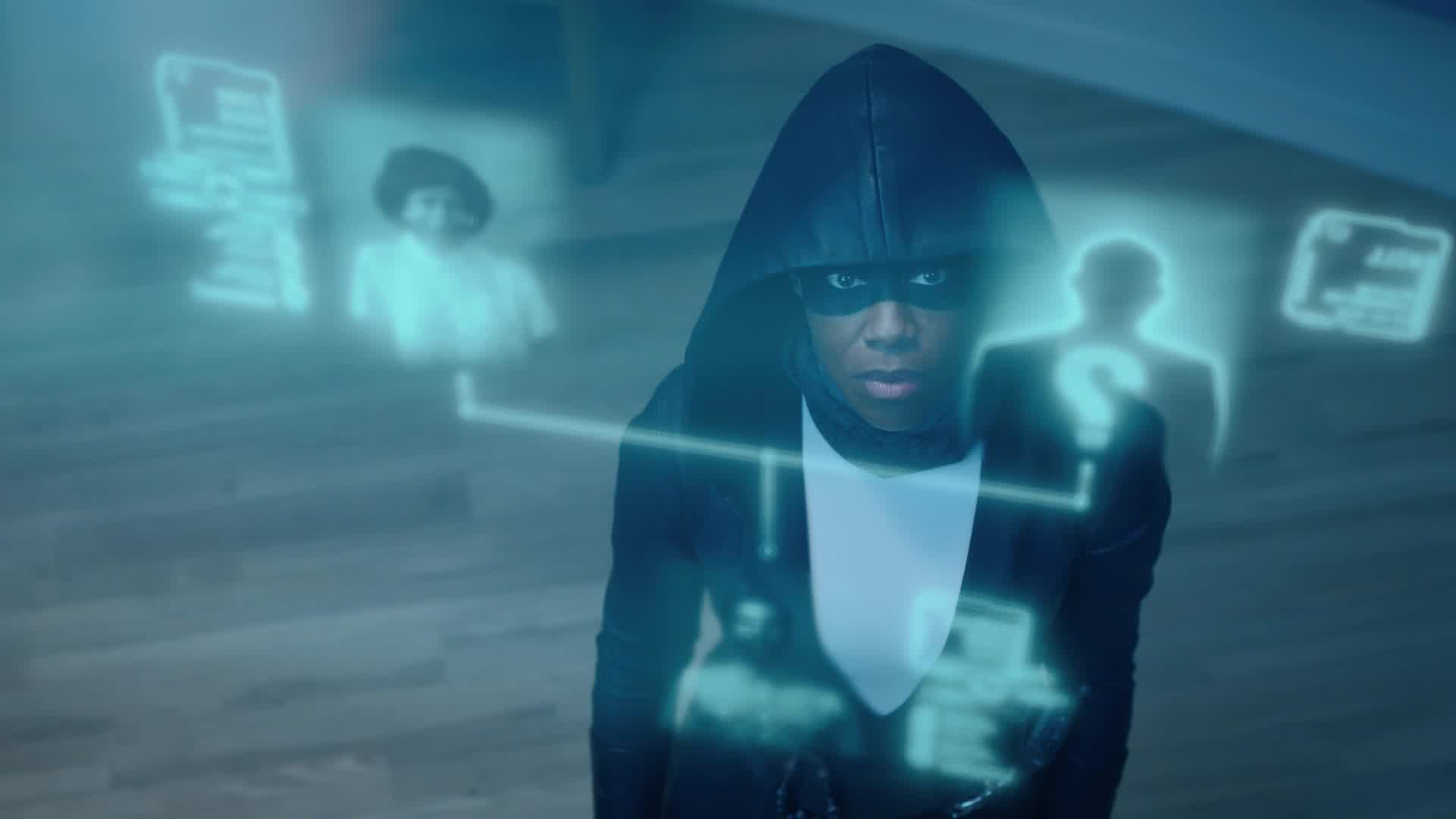
Moore, whose works for the publisher also include Batman: The Killing Joke, V for Vendetta, the two-issue Superman: Whatever Happened to the Man of Tomorrow? story, and a legendary run on The Saga of the Swamp Thing, provided this insight into his business agreement with DC Comics during a recent interview given to UK-based news outlet The Telegraph in promotion of the paperback release of his short story collection, Illuminations.
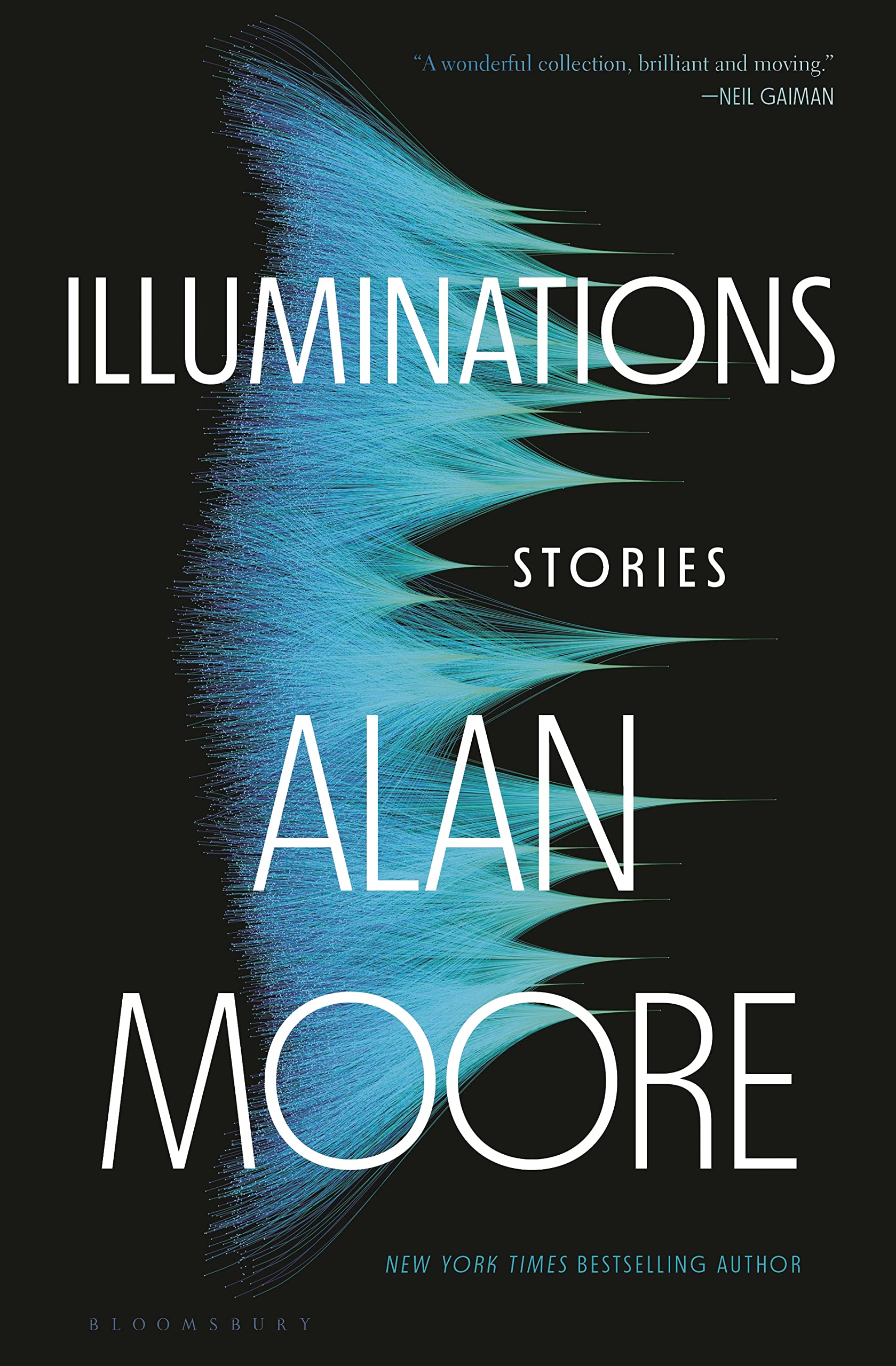
Asked by the outlet’s Jake Kerridge how he was enjoying his foray into literary publishing, Moore asserted, “I’m having a very good time of it” and noted that a large part of his positive experience was based on the fact that his publisher, Bloomsbury, “respect my decisions and opinions.”
“And I own my own work,” he added. “It doesn’t sound like a lot if you’re used to traditional grown-up publishing, but it means an awful lot if you’re used to the comic books industry. It does make me wish that I’d maybe gone into writing prose fiction back in the late Seventies.”
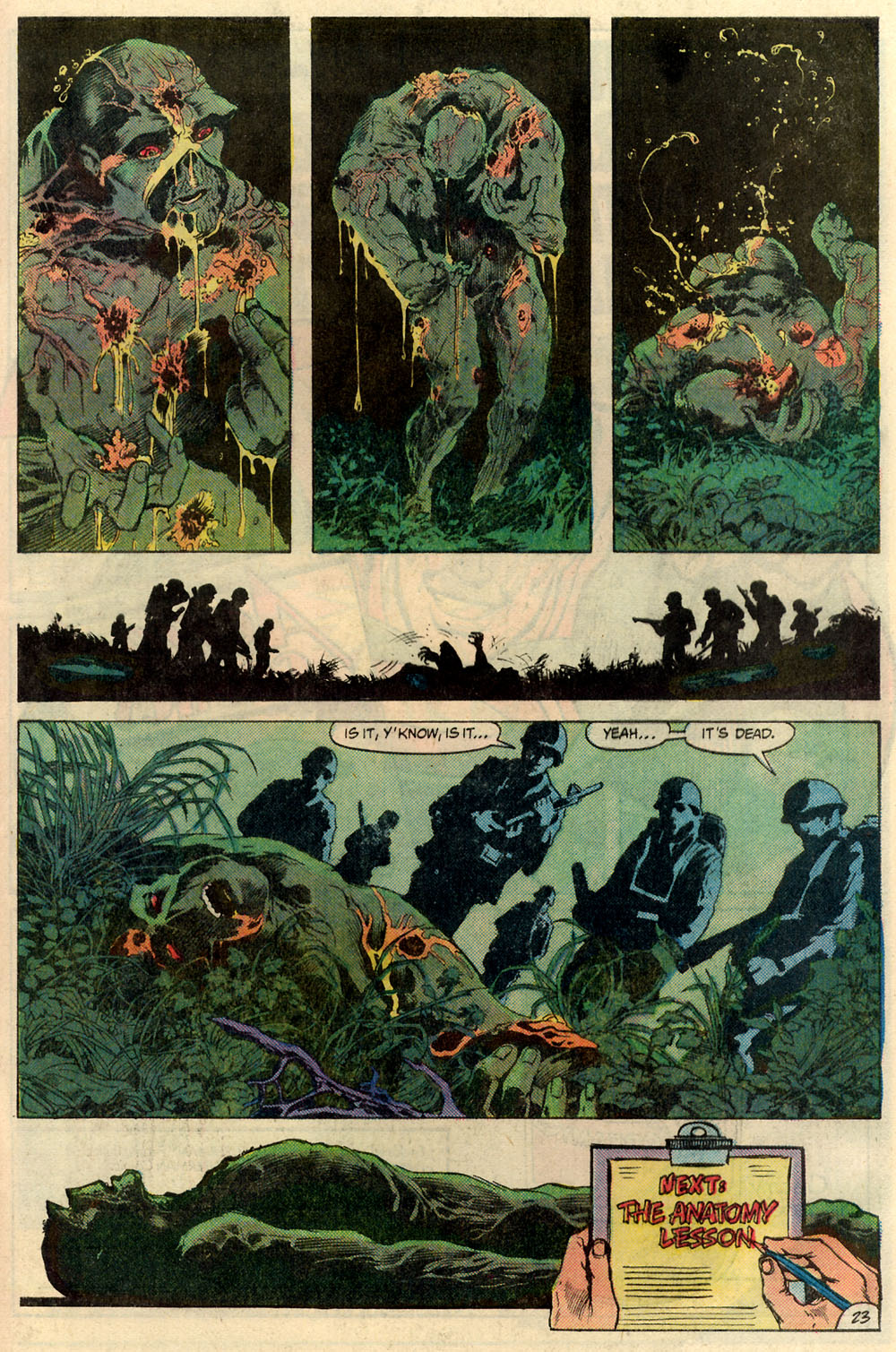
To this end, the author then spoke to how the crux of Illuminations‘ collected stories was one which tackled the Western comic book industry’s ongoing decline, noting to Kerridge that his main concern was with “the gentrification of comics that happened post-Watchmen: that neighbourhood has been lifted out of the reach of its original inhabitants.”
“Now they’re called ‘graphic novels’, which sounds sophisticated and you can charge a lot more for them,” he lamented. “What appealed to me most about comics is no more, and these innocent and inventive and imaginative superhero characters from the Forties, Fifties, Sixties are being recycled to a modern audience as if they were adult fare.”
“I didn’t mean my experiments with comics to be immediately taken up as something that the whole industry should do,” the Mogo creator further explained. “When I was doing things like Watchmen, I was not saying that dark psychopathic characters are really cool, but that does seem to be the message that the industry took for the next 20 years.”
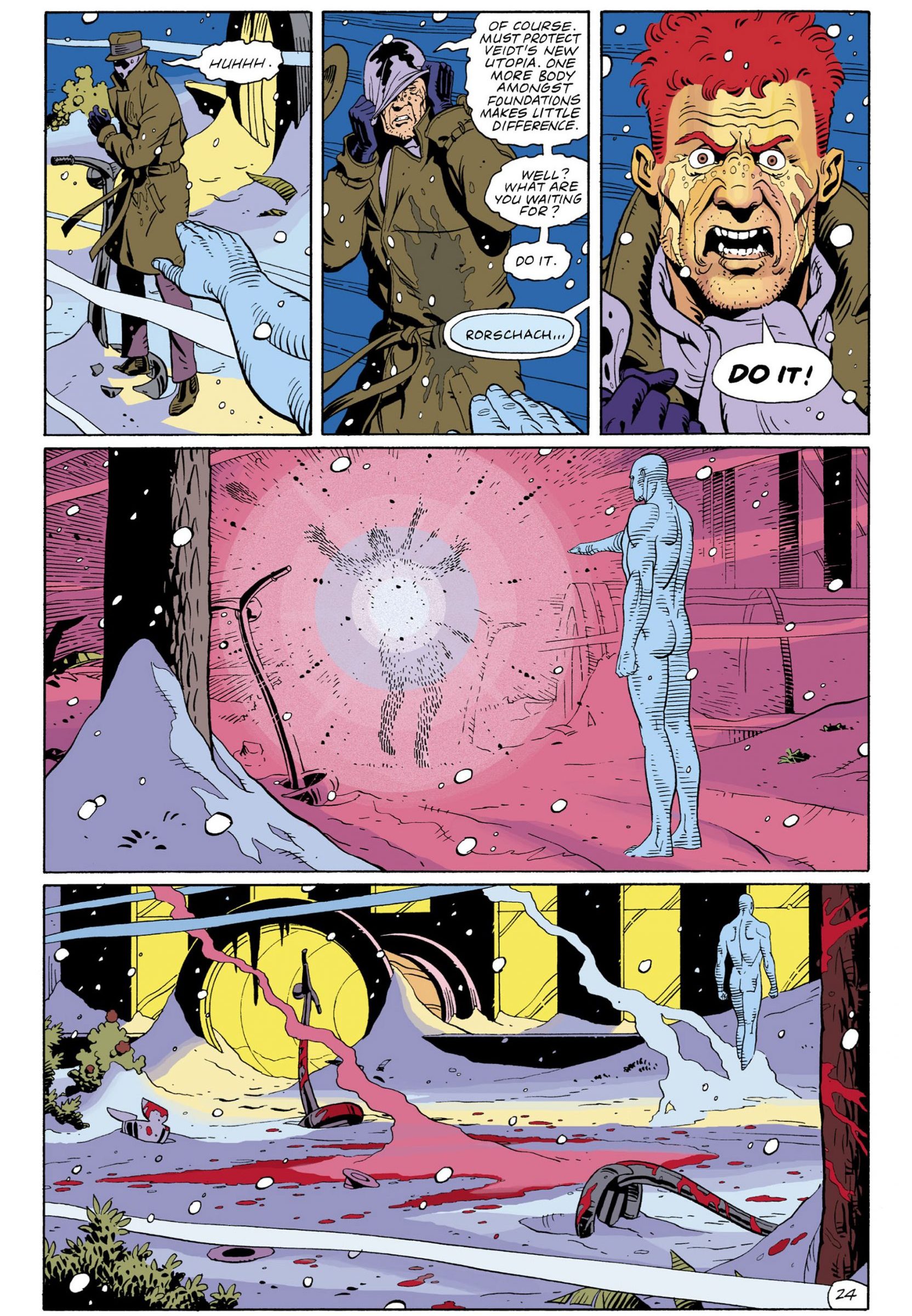
And it’s not just the comic book industry that Moore believes took the wrong lessons from his work, but also Hollywood.
Previously, the author felt that such silver screen adaptations as Constantine, The League of Extraordinary Gentlemen, V for Vendetta, and Watchmen, missed the point of his original stories so badly that he rejected his due royalties and demanded his name not be attached to them in any capacity.
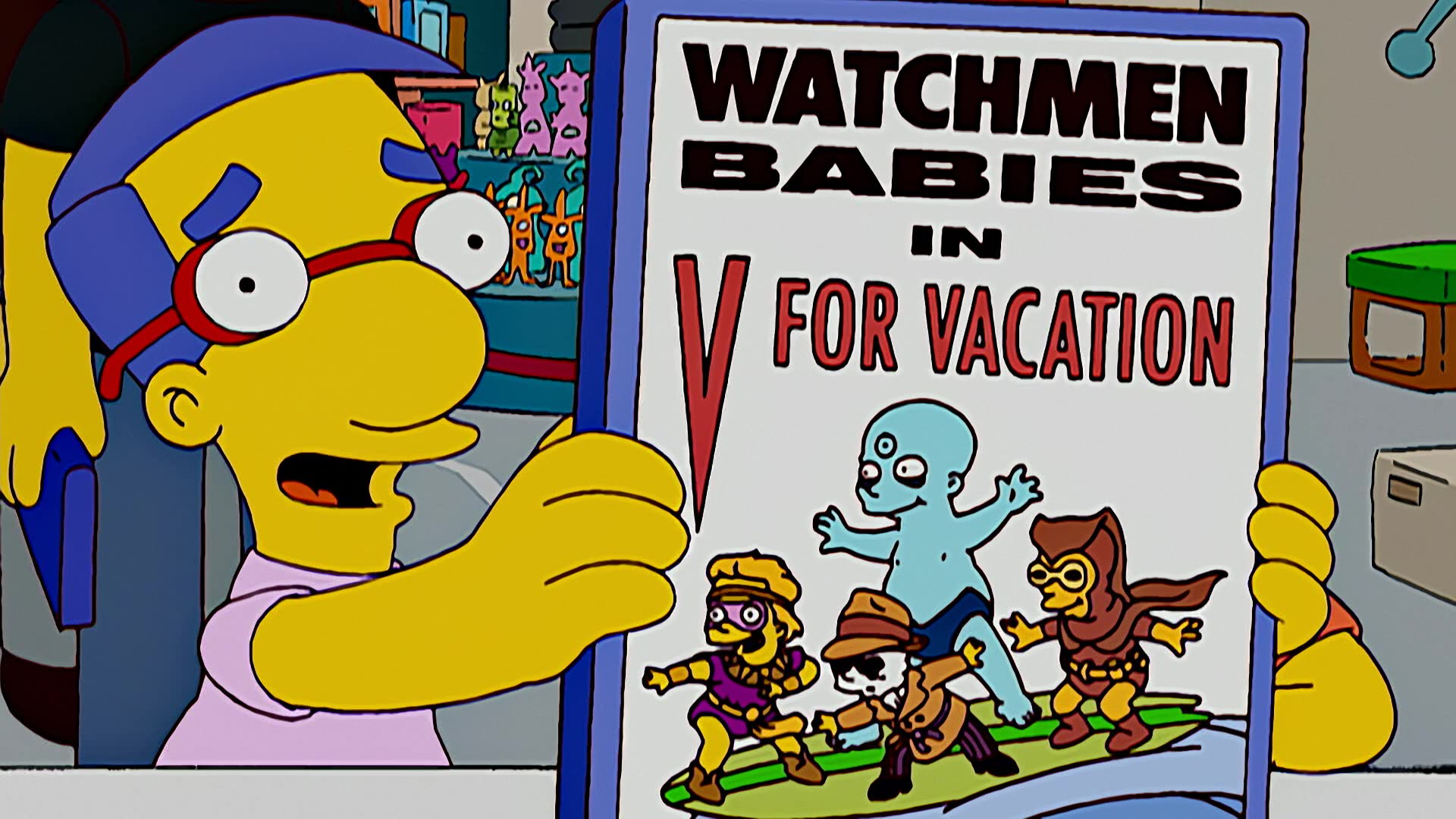
However, in recent years, Moore says that he has turned away from simply passing on his royalties, thus allowing them to be divided up amongst a given project’s other creatives, in favor of having them actively donated to the Black Lives Matter organization.
“I no longer wish it to even be shared with [the other creatives],” said the author. “I don’t really feel, with the recent films, that they have stood by what I assumed were their original principles. So I asked for DC Comics to send all of the money from any future TV series or films to Black Lives Matter.”
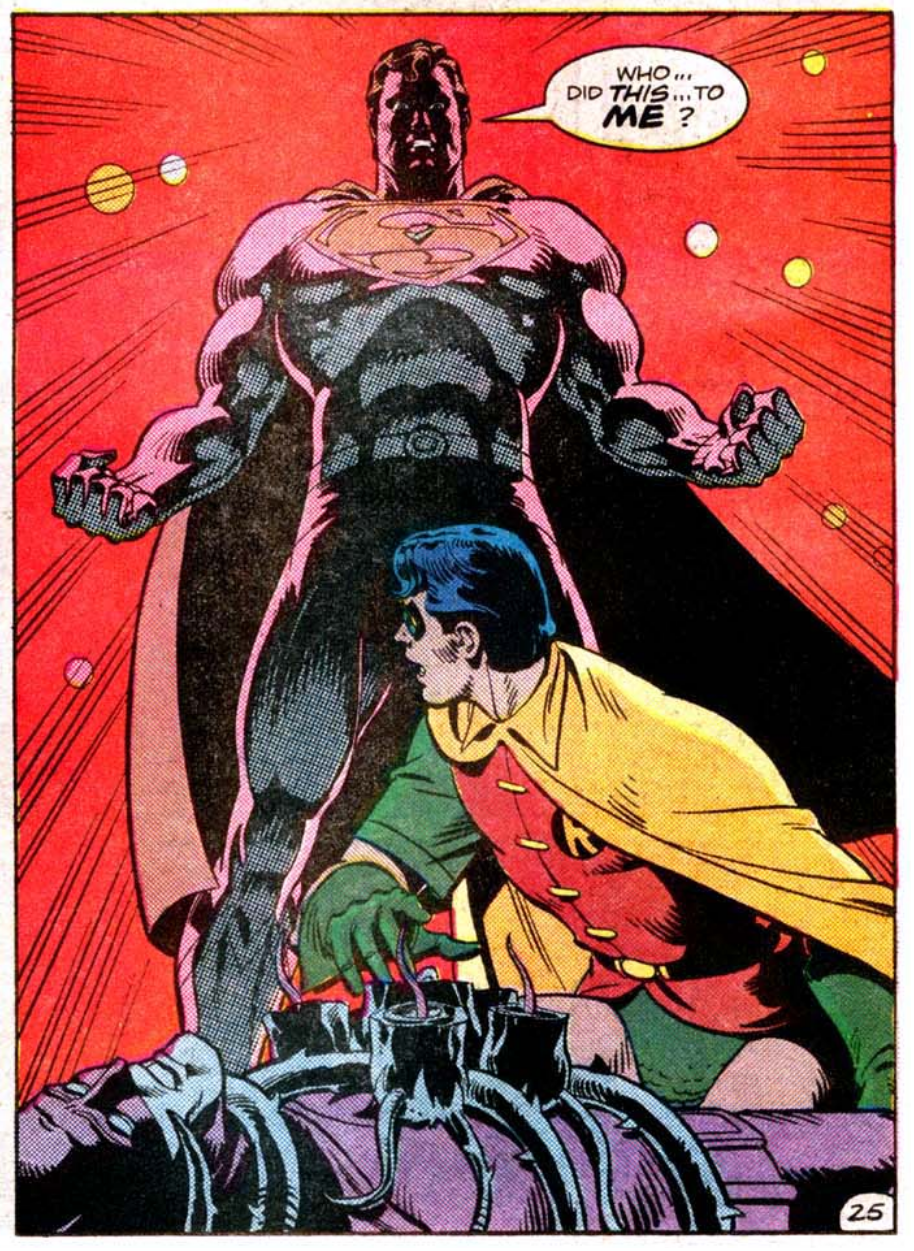
As noted above, no one has shown more contempt for Hollywood’s takes on Moore’s comics than the bearded man himself.
Speaking to GQ in 2022, the veteran author asserted, “I would be the last person to want to sit through any adaptations of my work. From what I’ve heard of them, it would be enormously punishing. It would be torturous, and for no very good reason.”
He then recalled, “There was an incident—probably a concluding incident, for me. I received a bulky parcel, through Federal Express, that arrived here in my sedate little living room. It turned out to contain a powder blue barbecue apron with a hydrogen symbol on the front. And a frank letter from the showrunner of the Watchmen television adaptation, which I hadn’t heard was a thing at that point.”
“But the letter, I think it opened with, ‘Dear Mr. Moore, I am one of the bastards currently destroying Watchmen,'” he said. “That wasn’t the best opener. It went on through a lot of, what seemed to me to be, neurotic rambling. ‘Can you at least tell us how to pronounce ‘Ozymandias’?’ I got back with a very abrupt and probably hostile reply telling him that I’d thought that Warner Brothers were aware that they, nor any of their employees, shouldn’t contact me again for any reason.”
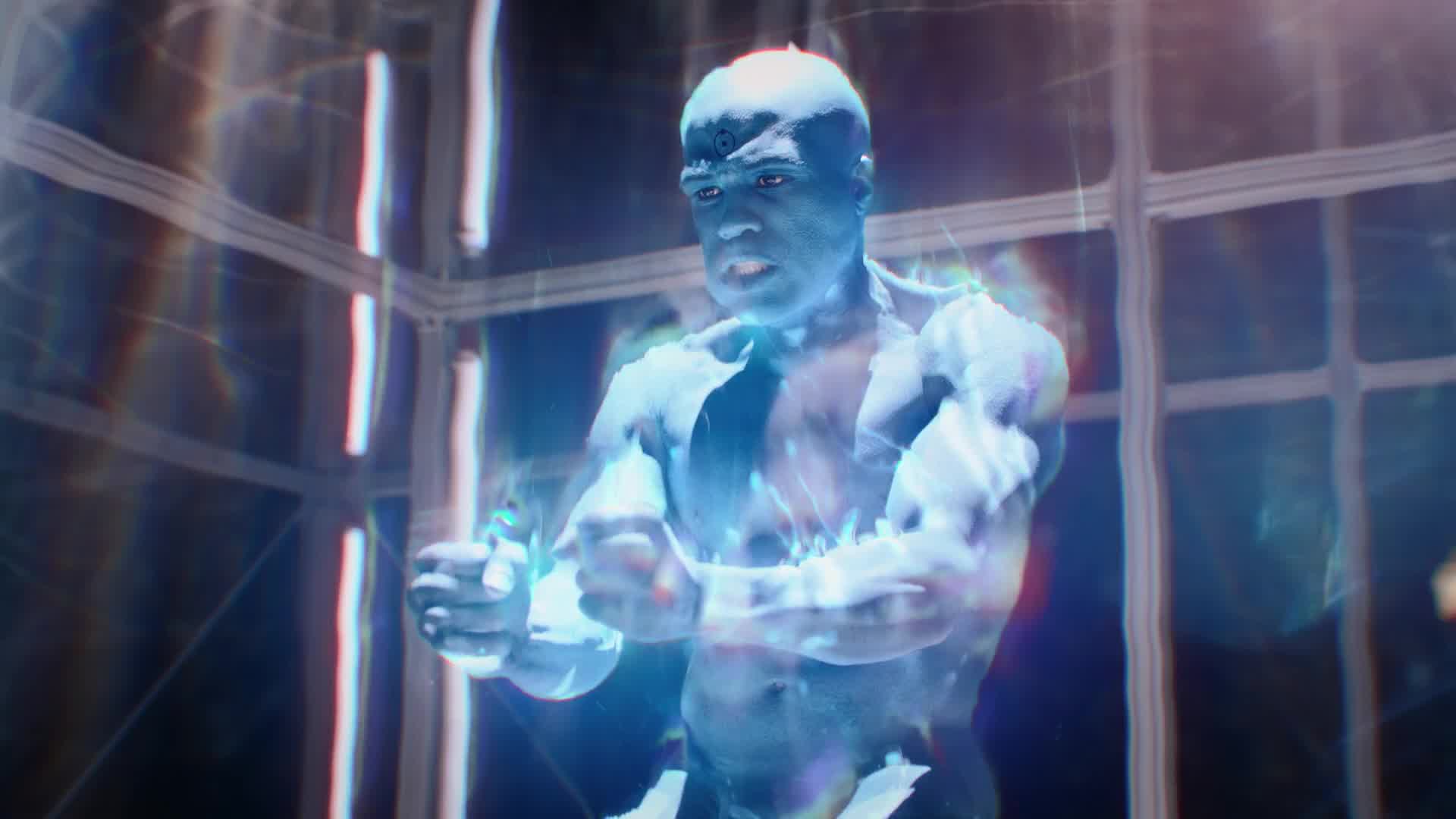
“I explained that I had disowned the work in question, and partly that was because the film industry and the comics industry seemed to have created things that had nothing to do with my work, but which would be associated with it in the public mind,” Moore continued his anecdote. “I said, “Look, this is embarrassing to me. I don’t want anything to do with you or your show. Please don’t bother me again.”
“When I saw the television industry awards that the Watchmen television show had apparently won, I thought, ‘Oh, god, perhaps a large part of the public, this is what they think Watchmen was?'” said the man who created Rot Lop Fan. “They think that it was a dark, gritty, dystopian superhero franchise that was something to do with white supremacism. Did they not understand Watchmen? Watchmen was nearly 40 years ago and was relatively simple in comparison with a lot of my later work. What are the chances that they broadly understood anything since? This tends to make me feel less than fond of those works. They mean a bit less in my heart.”
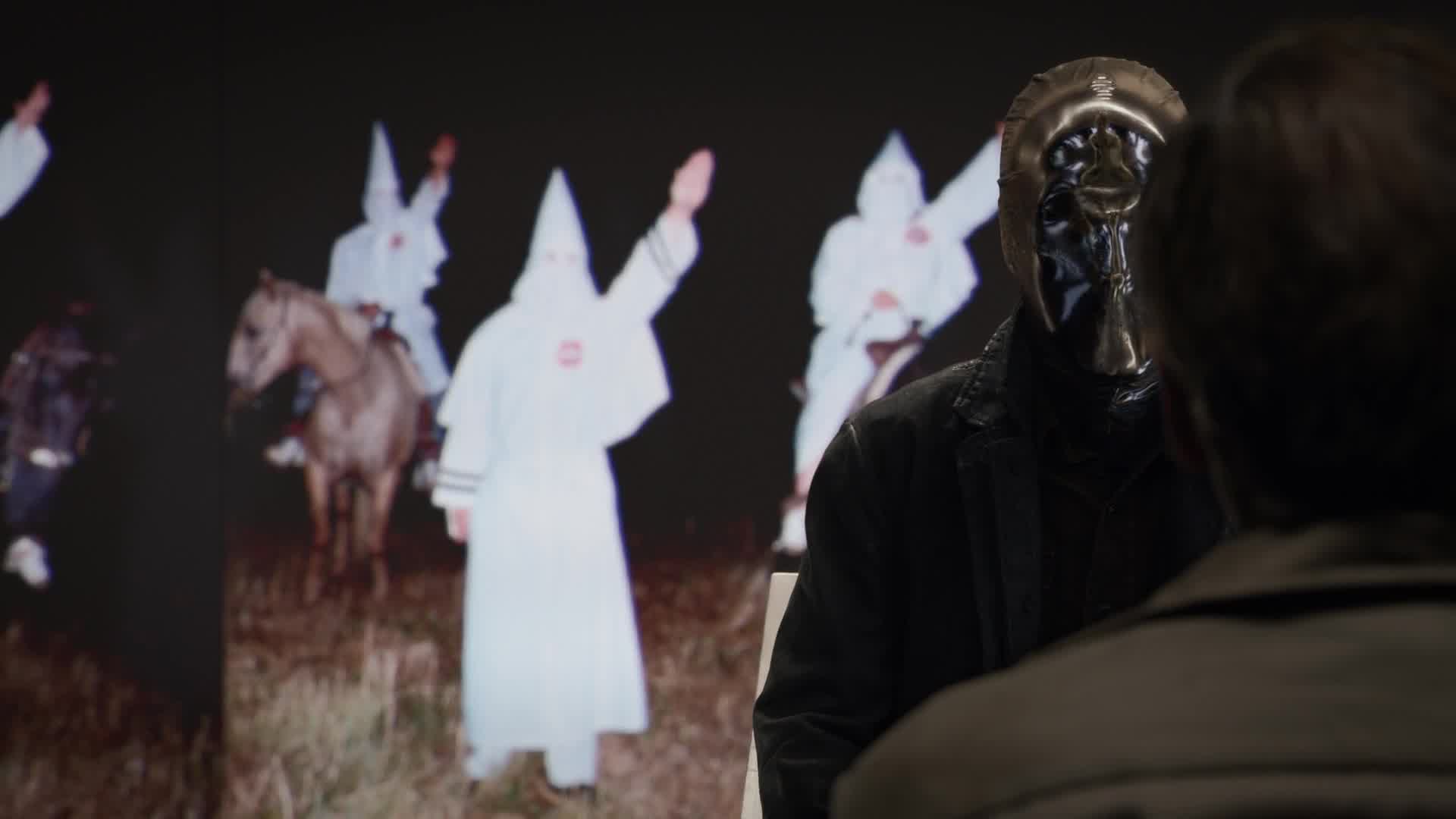
More About:Comic Books Movies TV Shows
